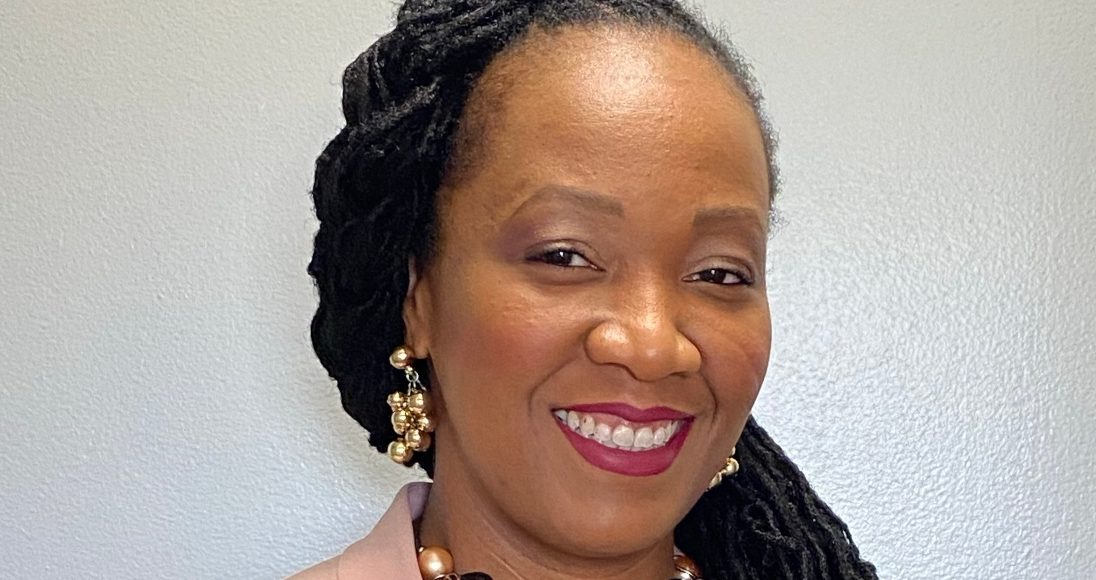
Faculty Focus Friday is a Q&A series that highlights individual faculty members in various academic programs around Spalding University. In honor of Criminal Justice Day on October 24, this week’s Q&A features Dr. Cicely J. Cottrell, PhD, Associate Professor and Chair at the School of Criminal Justice Studies.
Why did you decide to teach at Spalding? What do you like about Spalding in particular?
I chose to teach at Spalding University because it aligns with my core values of compassion, love, mercy, and forgiveness. It also provided the opportunity to develop and implement a sustainable undergraduate criminal justice program rooted in restorative justice. At Spalding, students have the chance to engage in meaningful debates about the concept of justice in a democratic society and work on creating concrete solutions.
What is your academic specialty, areas of expertise or research?
My academic focus is on juvenile justice policy and restorative justice, with a particular emphasis on reducing racial disparities and preventing violence. Alongside Dr. Amanda Roberts, assistant professor of criminal justice studies, we are interviewing a network of key stakeholders in juvenile justice, health and wellness, child welfare, and education in Louisville, Kentucky. Our goal is to address the inequities black girls face in the system and advocate for policy changes that will reduce their involvement with the legal system.
Why is a Criminal Justice degree a good option for students to consider?
A Criminal Justice degree offers diverse career opportunities (e.g., police officer, FBI agent, lawyer, researcher, youth advocate, crime scene investigator), a growing job market, and the chance to make a positive impact by helping communities. Students gain transferable skills such as critical thinking, problem-solving, and decision-making, with average salaries ranging from $60-153K. It also serves as a pathway to further education, such as graduate or law school, and offers hands-on work for those seeking dynamic roles.
What major lessons do you hope students take from this program to implement in their personal and professional lives?
My goal is to inspire students to harness their discretion and influence in developing innovative solutions to the challenges of crime and the criminal justice system, rooted in humanity and dignity, with a restorative approach that focuses on healing rather than punishment. I emphasize compassion and forgiveness in responses to crime, ensuring solutions reflect the worth of every individual, and that both victims and offenders are treated with dignity. My aim is to empower students to become compassionate leaders who create lasting, positive change that reflects our shared values of justice, mercy, and community well-being.
Spalding’s mission is to meet the needs of the times, to emphasize service and to promote peace and justice. How will your teaching style, your research, your class, or your curriculum support the mission of Spalding?
My focus on restorative justice and juvenile justice policy address contemporary challenges in the criminal justice system, particularly racial and ethnic disparities. By encouraging critical thinking, compassion, and ethical decision-making, my courses inspire students to actively engage in solutions that are just, humane, and effective.
My emphasis on service-learning encourages students to apply classroom knowledge to real-world settings, reinforcing Spalding’s mission of service and community engagement. Restorative circles in the classroom also play a vital role in building community and fostering a positive learning environment.
What’s an interesting thing you keep in your office?
One interesting item I keep in my office is a world globe. It serves not only as a decorative piece but also as a reminder of the global context of our work. I use it to spark conversations about different cultures, social justice issues worldwide, and the impact of criminal justice policies in various countries. Additionally, it helps students visualize the interconnectedness of communities and the importance of a global perspective in understanding local issues. For a personal touch, I also have inspirational quotes and drawings from my niece.
Learn more about our low-residency MFA program.
January 15, 2025 @ 12:00 pm - 1:00 pmVirtual Info Session: MFA in Writing
Join us at 12PM to learn more about our School of Business Graduate programs.
January 17, 2025 @ 12:00 pm - 1:00 pmVirtual Info Session: School of Business Graduate Programs
Learn more about the Doctor of Social Work program.
January 30, 2025 @ 6:00 pm - 7:00 pmInfo Session: DSW